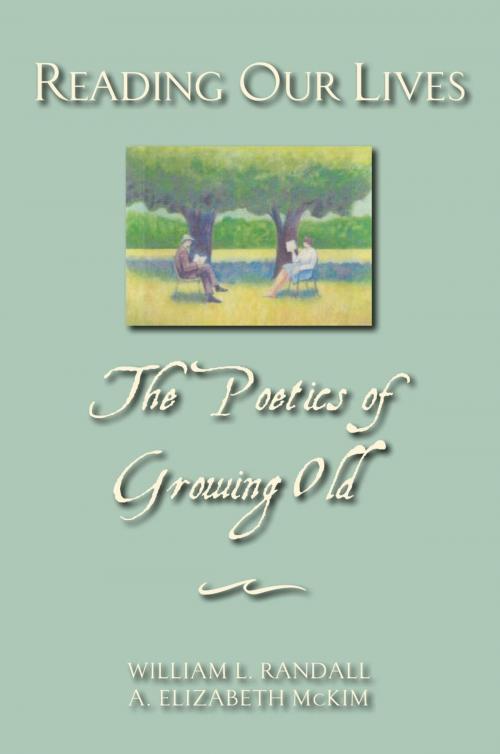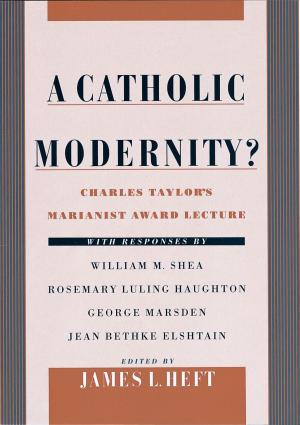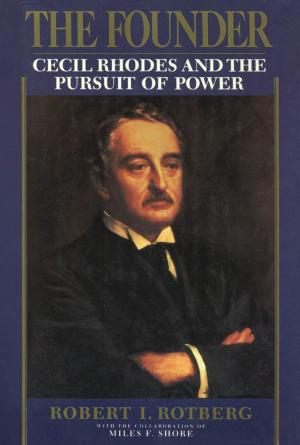Reading Our Lives
The Poetics of Growing Old
Nonfiction, Health & Well Being, Psychology, Developmental Psychology, Social Psychology| Author: | William L. Randall, Elizabeth McKim | ISBN: | 9780190294465 |
| Publisher: | Oxford University Press | Publication: | June 3, 2008 |
| Imprint: | Oxford University Press | Language: | English |
| Author: | William L. Randall, Elizabeth McKim |
| ISBN: | 9780190294465 |
| Publisher: | Oxford University Press |
| Publication: | June 3, 2008 |
| Imprint: | Oxford University Press |
| Language: | English |
Against the background of Socrates' insight that the unexamined life is not worth living, Reading Our Lives: The Poetics of Growing Old investigates the often overlooked inside dimensions of aging. Despite popular portrayals of mid- and later life as entailing inevitable decline, this book looks at aging as, potentially, a process of poiesis: a creative endeavor of fashioning meaning from the ever-accumulating texts - memories and reflections-that constitute our inner worlds. At its center is the conviction that although we are constantly reading our lives to some degree anyway, doing so in a mindful matter is critical to our development in the second half of life. Drawing on research in numerous disciplines affected by the so-called narrative turn - including cognitive psychology, neuroscience, and the psychology of aging - authors Randall and McKim articulate a vision of aging that promises to accommodate such time-honored concepts as wisdom and spirituality: one that understands aging as a matter not merely of getting old but of consciously growing old.
Against the background of Socrates' insight that the unexamined life is not worth living, Reading Our Lives: The Poetics of Growing Old investigates the often overlooked inside dimensions of aging. Despite popular portrayals of mid- and later life as entailing inevitable decline, this book looks at aging as, potentially, a process of poiesis: a creative endeavor of fashioning meaning from the ever-accumulating texts - memories and reflections-that constitute our inner worlds. At its center is the conviction that although we are constantly reading our lives to some degree anyway, doing so in a mindful matter is critical to our development in the second half of life. Drawing on research in numerous disciplines affected by the so-called narrative turn - including cognitive psychology, neuroscience, and the psychology of aging - authors Randall and McKim articulate a vision of aging that promises to accommodate such time-honored concepts as wisdom and spirituality: one that understands aging as a matter not merely of getting old but of consciously growing old.















